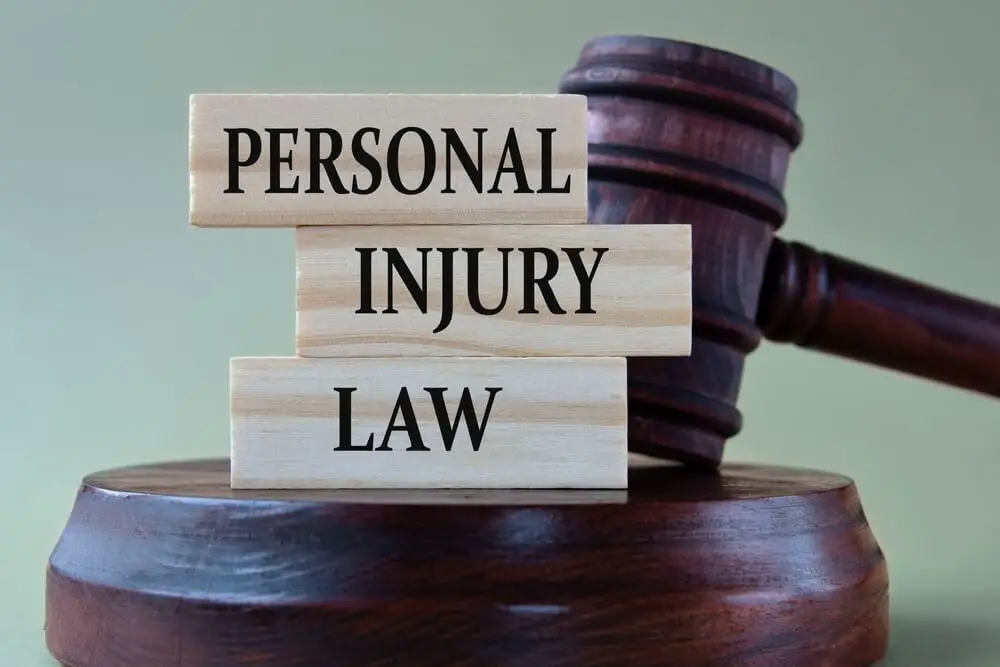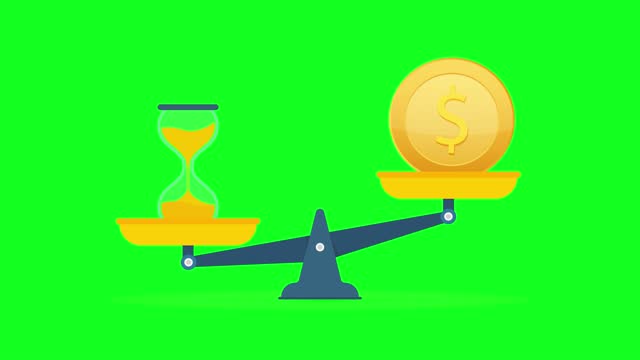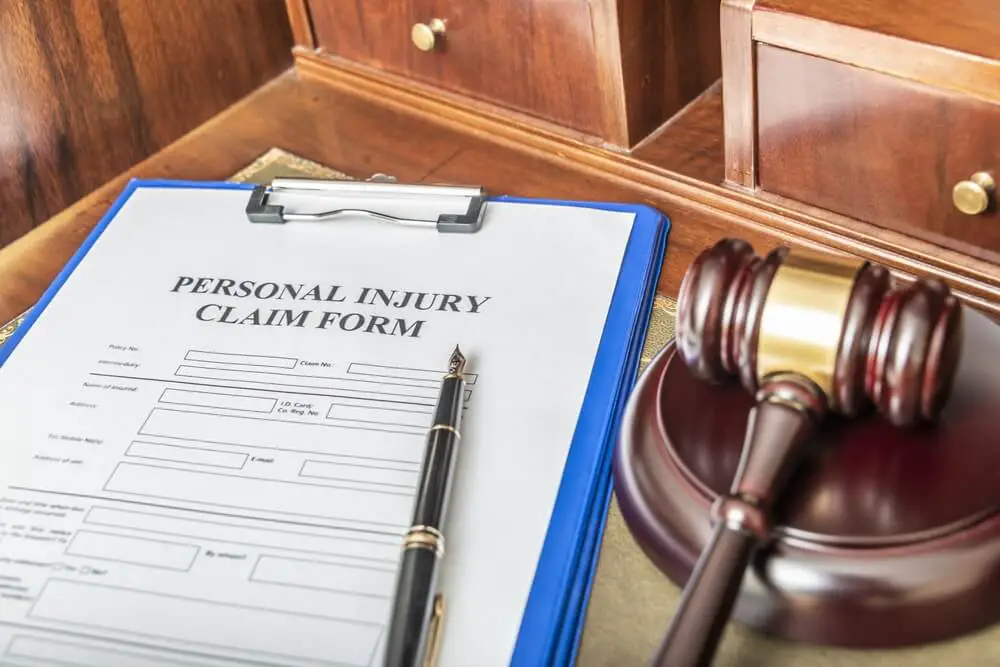Introduction to Personal Injury Law
Personal injury law encompasses a wide range of legal issues related to injuries caused by the negligence or intentional actions of others. Understanding one’s rights and the potential for compensation is crucial in navigating these complex legal matters.
Definition and Scope
Personal injury law deals with cases where individuals suffer harm due to accidents, medical malpractice, defective products, or intentional wrongdoing.
Importance of Understanding Rights and Compensation
Knowing your rights and the avenues for seeking compensation can make a significant difference in the outcome of a personal injury case.
Types of Personal Injury Cases
Personal injury cases can arise from various situations, including car accidents, slip and fall accidents, medical malpractice, and workplace injuries.
Car Accidents
Collisions on the road can result in severe injuries and property damage, often necessitating legal action to recover compensation.
Slip and Fall Accidents
Property owners have a duty to maintain safe premises. Slip and fall accidents due to negligence can lead to legal claims for compensation.
Medical Malpractice
When medical professionals fail to meet the standard of care, resulting in injury or harm to patients, they may be held liable through medical malpractice claims.
Workplace Injuries
Employees injured on the job may be entitled to workers’ compensation benefits or pursue legal action against negligent employers or third parties.
Rights of the Injured Party
Individuals who sustain injuries due to the negligence of others have certain rights under personal injury law.
Right to Compensation
Injured parties have the right to seek compensation for medical expenses, lost wages, pain and suffering, and other damages resulting from their injuries.
Right to Legal Representation
Having competent legal representation is essential for protecting one’s rights and maximizing the potential for a successful outcome in a personal injury case.
Understanding Compensation in Personal Injury Cases
Compensation in personal injury cases may include economic damages, non-economic damages, and punitive damages, depending on the circumstances of the case.
Economic Damages
Economic damages cover tangible losses such as medical bills, lost wages, property damage, and other out-of-pocket expenses.
Non-Economic Damages
Non-economic damages compensate for intangible losses such as pain and suffering, emotional distress, and loss of enjoyment of life.
Punitive Damages
Punitive damages are awarded in cases of egregious misconduct or recklessness to punish the wrongdoer and deter similar conduct in the future.
Steps to Take After Suffering a Personal Injury
Knowing what to do following an injury can impact the outcome of a personal injury claim.
Seeking Medical Attention
Prompt medical care is essential for diagnosing and treating injuries, as well as establishing a record of medical treatment for the claim.
Documenting the Incident
Gathering evidence such as photos, witness statements, and accident reports can strengthen a personal injury case.
Contacting a Personal Injury Lawyer
Consulting with an experienced personal injury attorney early in the process can provide valuable guidance and support.
The Role of Personal Injury Lawyers
Personal injury lawyers play a vital role in advocating for the rights of injured individuals and navigating the legal complexities of personal injury cases.
Case Evaluation
An attorney will assess the merits of the case, determine liability, and estimate the potential value of the claim.
Negotiation with Insurance Companies
Personal injury lawyers negotiate with insurance companies on behalf of their clients to secure fair and adequate compensation.
Litigation Process
If a settlement cannot be reached, a personal injury lawyer will file a lawsuit and represent the client in court proceedings.
Factors Affecting Compensation
Several factors influence the amount of compensation awarded in personal injury cases.
Severity of Injury
The extent and severity of the injury, including the need for ongoing medical treatment and long-term care, impact the value of the claim.
Degree of Negligence
The degree of fault or negligence on the part of the responsible party can affect the amount of compensation awarded.
Impact on Quality of Life
The physical, emotional, and financial impact of the injury on the victim’s quality of life is considered when determining compensation.
Statute of Limitations in Personal Injury Cases
There is a limited time frame within which personal injury claims must be filed, known as the statute of limitations.
Importance of Timely Filing
Failing to file a claim within the statute of limitations can result in the loss of the right to seek compensation.
Exceptions to Statute of Limitations
Certain circumstances, such as delayed discovery of injuries or legal disabilities, may extend or toll the statute of limitations.
Importance of Evidence in Personal Injury Cases
Compelling evidence is crucial for proving liability and establishing the extent of damages in a personal injury case.
Medical Records
Medical records documenting the nature and extent of injuries are essential evidence in personal injury claims.
Witness Testimonies
Eyewitness accounts and testimony from individuals who observed the accident can corroborate the victim’s version of events.
Expert Opinions
Expert witnesses, such as medical professionals or accident reconstruction specialists, may provide testimony to support the victim’s claims.
Common Myths about Personal Injury Law
There are several misconceptions about personal injury law that can impact individuals’ understanding of their rights and options for seeking compensation.
Myth: All Cases Go to Trial
Many personal injury cases are resolved through negotiation or alternative dispute resolution methods without going to trial.
Myth: Personal Injury Claims are Always Lengthy
While some cases may take time to resolve, others can be settled quickly, especially with skilled legal representation.
Myth: Only Serious Injuries Warrant Compensation
Even minor injuries can result in significant medical expenses and other losses that may warrant compensation under personal injury law.
Role of Insurance Companies in Personal Injury Cases
Insurance companies play a significant role in personal injury claims, but their interests may not always align with those of the injured party.
Tactics Used by Insurance Adjusters
Insurance adjusters often employ tactics such as lowball settlement offers or shifting blame to minimize payouts.
Importance of Legal Representation in Dealing with Insurance Companies
Having a personal injury lawyer advocate on your behalf can level the playing field when negotiating with insurance companies.
Alternative Dispute Resolution Methods
Mediation and arbitration offer alternative avenues for resolving personal injury disputes outside of the courtroom.
Mediation
In mediation, a neutral third party facilitates negotiations between the parties to reach a mutually acceptable settlement.
Arbitration
Arbitration involves presenting the case to a neutral arbitrator who renders a binding decision on the dispute.
Importance of Seeking Legal Advice Early
Promptly seeking legal advice after an injury ensures that your rights are protected and evidence is preserved.
Preservation of Evidence
Critical evidence may be lost or destroyed over time, making it imperative to document the incident and injuries early on.
Protection of Rights
Having legal representation from the outset helps safeguard your rights and ensures that you receive fair treatment throughout the claims process.
Case Studies and Examples
Examining real-life examples of personal injury cases illustrates the challenges and potential outcomes in these legal matters.
Successful Personal Injury Cases
Examples of successful personal injury cases demonstrate how skilled legal representation can secure substantial compensation for injured individuals.
Challenges Faced by Injured Parties
Case studies highlighting the obstacles and complexities of personal injury claims shed light on the importance of experienced legal advocacy.
Conclusion
Understanding personal injury law is essential for protecting your rights and seeking fair compensation in the event of an accident or injury. By knowing your rights, seeking prompt medical attention, and consulting with a knowledgeable personal injury lawyer, you can navigate the legal process with confidence and pursue the compensation you deserve.
FAQs (Frequently Asked Questions)
- What is the first step to take after being injured in an accident?
Seeking medical attention should be your top priority to address any injuries and document the extent of harm for your claim.
- How long do I have to file a personal injury claim?
The statute of limitations varies by state and type of injury, so it’s essential to consult with a lawyer promptly to ensure timely filing.
- Can I still recover compensation if I was partially at fault for the accident?
Yes, depending on the laws of your state, you may still be entitled to compensation even if you were partially responsible for the accident.
- What if the insurance company denies my claim?
If your claim is denied or undervalued by the insurance company, you can appeal the decision or pursue legal action with the help of an attorney.






Leave a Reply